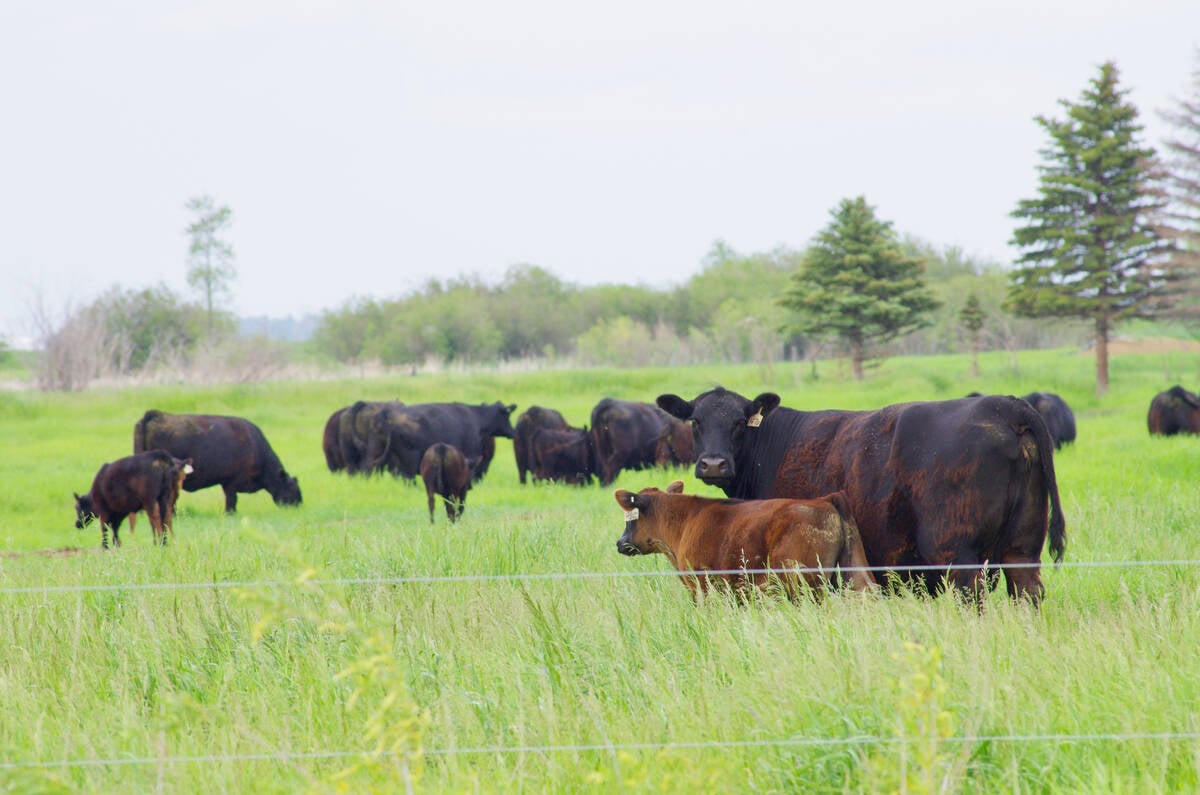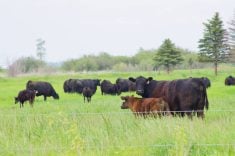ROCKY MOUNTAIN HOUSE, Alta. – Perennial cereal rye has already proven itself in southern Alberta, but its performance in cooler, wetter climates is unknown.
Developed by Agriculture Canada, PC rye looks like a cereal but grows like a grass, said Albert Kuipers, manager of the Grey Wooded Forage Association, which represents producers across central Alberta.
He told a group touring ranches in the Rocky Mountain House area that there is potential for extended grazing in late summer and fall with this new forage. It could fit in well with those who do not want to seed annuals for grazing.
Read Also

Tick research from the University of Manitoba focuses on insects and testing
Manitoba researchers are looking into the effects of tick and fly disease in cattle.
“We thought it would be a good option to get away from seeding as much as possible,” Kuipers said.
PC rye is on the market as Canada’s first perennial cereal and is seeded in September. It can provide silage, hay and grazing opportunities for livestock producers for three to four years without reseeding.
It is a cross between a rye grass and cereal rye.
It grows in lush bunches with broad blades that curl over as the plants get taller. Besides longevity, it can produce a second cut for silage or grazing in the fall with rapid spring regrowth.
Agriculture Canada recommends that it not be allowed to go into seed or get too mature because it has a tendency for floret sterility, resulting in reduced seed set. Affected seed heads are susceptible to ergot infection, a fungal disease toxic to livestock.

















